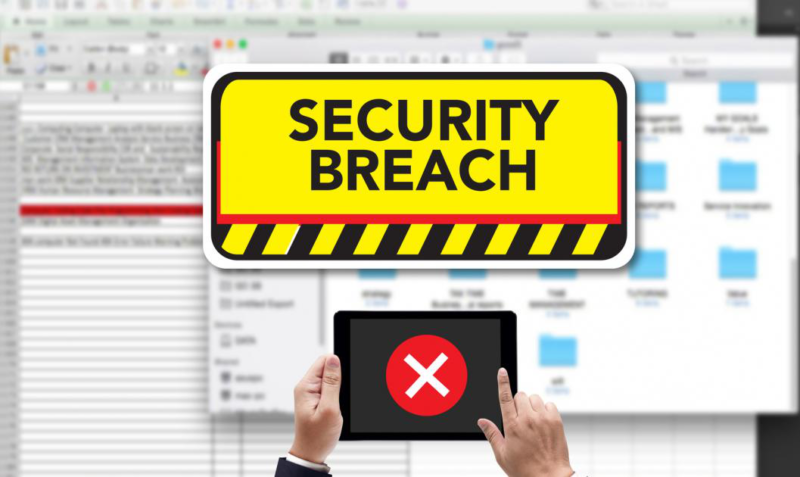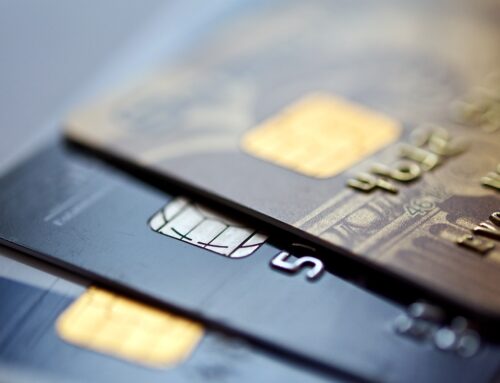The advancement of technology has made our lives easier—especially in terms of banking. We can make financial transactions on the go using online banking. However, data breaches can compromise your financial information such as credit card or bank details, which can lead to fraudulent transactions and identity theft.
Such instances can have severe financial repercussions. Not only would you have to file dispute claims with your bank but your credit ratings can also get affected. Here are three important tips that you should follow to keep your financial health and credit score in check:
Change all the PINs and passwords
Consider changing your ATM PIN and passwords to your bank accounts regularly. While it may sound super obvious, surprisingly; a lot of people keep the same PINs and password which can make it easy for cybercriminals to hack into their accounts and perform fraudulent transactions.
It’s important that you choose a strong password. For 4-digit card PINs, do not use your birthday year (if it wasn’t already) as it’s very easy to guess. The password to your online banking account should contain a combination of uppercase and lower letters, numbers, and symbols (if allowed). Make a habit to change your credentials every three to six months.
Regular check your bank and credit statements
The availability of online banking has made it incredibly easy and simple to stay updated with bank and credit card statements. After a data breach, you should check your account every day for suspicious activities. If you find any transaction that you’re unable to recognize, immediately inform your bank or card provider and freeze your card.
This will help ensure that the fraudulent charges aren’t tied to your account and the cybercriminals can’t make any further transactions. Most credit cards come with fraud protection; hence, you won’t suffer the consequences of their illicit actions. As a result, your credit score will remain protected.
Freeze your credit
You should also create a fraud alert with a credit bureau. The process is quite straightforward. All you need to do is report to a single one and the other two bureaus will be notified automatically. For instance, if you report to Equifax, the bureau will also notify Experian and TransUnion.
If you believe that your personal information and bank details have been compromised during a data breach, consider freezing your cards and bank accounts. However, in this scenario, you have to contact each of the credit bureaus. This process may take some time and make it difficult for you to get financing, but keep your credit score protected.
It’s better to be safe than sorry!
If you have experienced a dip in your credit score and are looking for credit repair and restoration services in Miami, get in touch with us today! At Masters Credit Consultants, we help our clients legally improve their credit scores. For more information, call us at 1-844-620-8796.







Leave A Comment